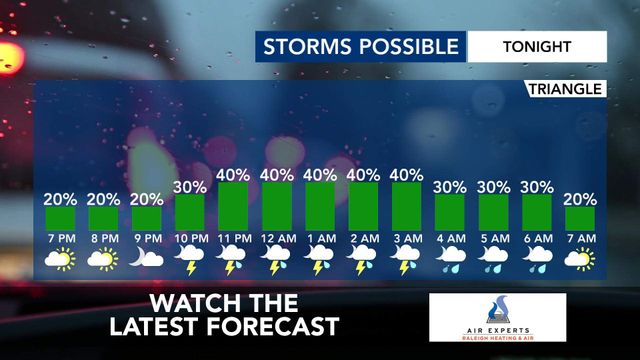Judge approves $5.6B Leandro education equity plan

North Carolina education officials’ plans to comply with a decades-long lawsuit over inequitable educational resources is sufficient to comply with court orders and should be implemented, North Carolina State Superior Judge W. David Lee wrote this week.
Lee issued his order Monday, after the state submitted its $5.6 billion-plus long-term plan back in March to comply with the case, known as Leandro.
The North Carolina Department of Public Instruction and the North Carolina State Board of Education must submit a report to Lee by Aug. 6 on their progress toward fulfilling the commitments made in the long-term plan. The plaintiffs in the case — a handful of lower-wealth school districts — can respond to that report through Aug. 20.
On Sept. 8, Lee will hold a hearing to address any concerns raised.
The state must submit quarterly progress reports on plan implementation.
But what progress will be documented in those reports isn’t clear.
Lee won’t require the North Carolina General Assembly, which controls the state’s finances, to fund it.
Democratic lawmakers in North Carolina filed a bill May 11 in the state Legislature to implement the action plan. It’s meant to increase students’ access to “sound basic” and “high quality” education, which has been ordered already in the court case.
The bill has yet to move forward. It has no Republican sponsors.
Lee required the long-term action plan as a part of the drawn-out lawsuit known colloquially as the Leandro case, a reference to the original student plaintiff. The case dates back to when five low-wealth school districts sued the state in the 1990s, contending the state didn’t adequately fund them to provide quality education access and that they didn’t have the tax base to do it themselves.
The state Supreme Court later found in favor of the plaintiffs in 1997. In 2002, Wake County Superior Court Judge Howard Manning ruled the state had violated students’ rights to a “sound, basic education” and ordered the state to remedy that.
A few years ago, the state hired WestEd as an education consultant to come up with a plan to do that. The consultant report was a major influence in the long-term action plan, along with a task force established by Gov. Roy Cooper.
The bill mirrors the action plan. It calls for $5.6 billion in new spending through mid-2028, largely on efforts to increase funding for low-wealth school districts and for students with additional needs, such as those with disabilities. Additional money would be spent after the state researches what competitive salaries would be for a variety of school positions.
The $5.6 billion total averages out to less than $800 million in new funding per year. State education spending totals about $9.75 billion annually.
Democrats contend the state has more than enough money already to pay for the plan, while Republicans have repeatedly emphasize slow increases in education spending.
The 37-page HB946 is in the House Rules, Calendar and Operations Committee, which proponents say means it’s unlikely to pass.
But Republicans are receptive to parts of the bill.
“While the appropriation of funds is the purview of the legislature rather than the courts, some of the policy suggestions in the report are worthy of consideration,” House Speaker Tim Moore, R-Cleveland, said in a statement to WRAL last month. “We certainly expect teacher pay and K-12 funding will continue on an upward trajectory as it has every year for the past ten years.”
The new spending outlined in the long-term plan plan is largely for lower-wealth school districts; for spending more money on students with disabilities and students learning English; for providing more support staff, such as counselors, nurses and psychologists; and for expanding pre-kindergarten and early childhood education across the state.
But one of the first big expenditures is a 5% raise for teachers, totaling $232 million next year.
The funding would largely come from state coffers, and Democrats and Republicans are in dispute over how much of that money to save and how much to spend and on what.
The long-term action plan notes federal stimulus funding for schools is helpful, but entirely separate, from the plan.









